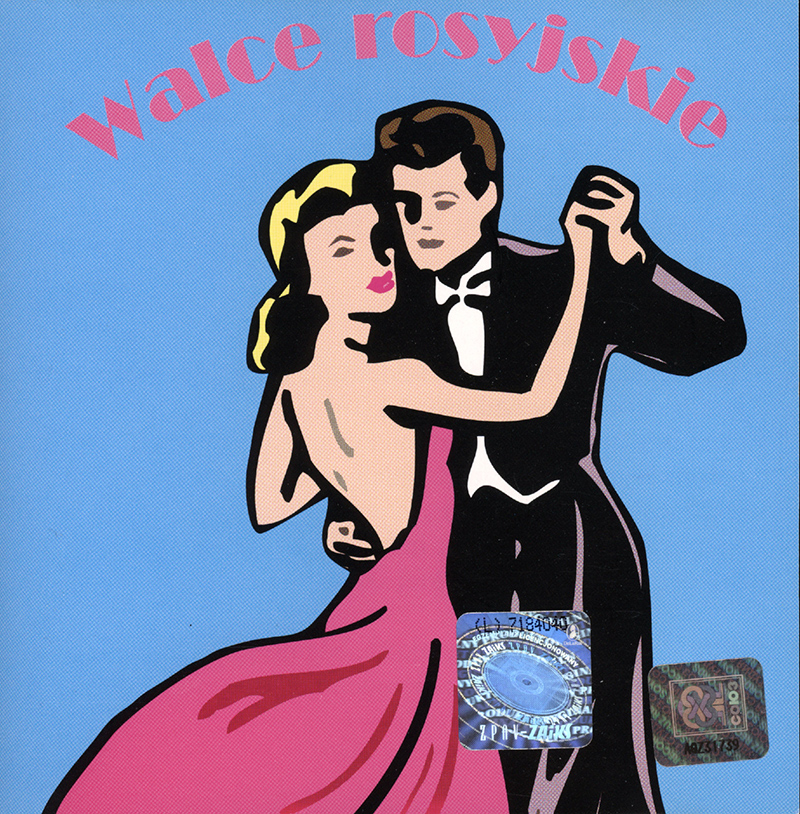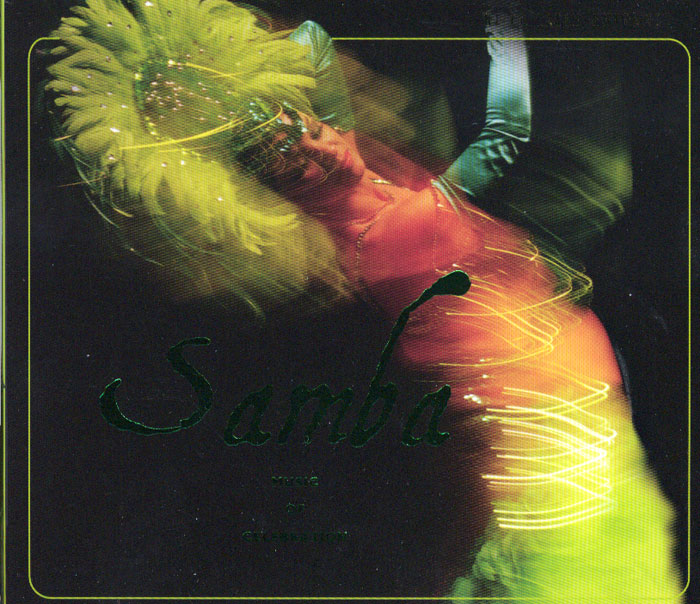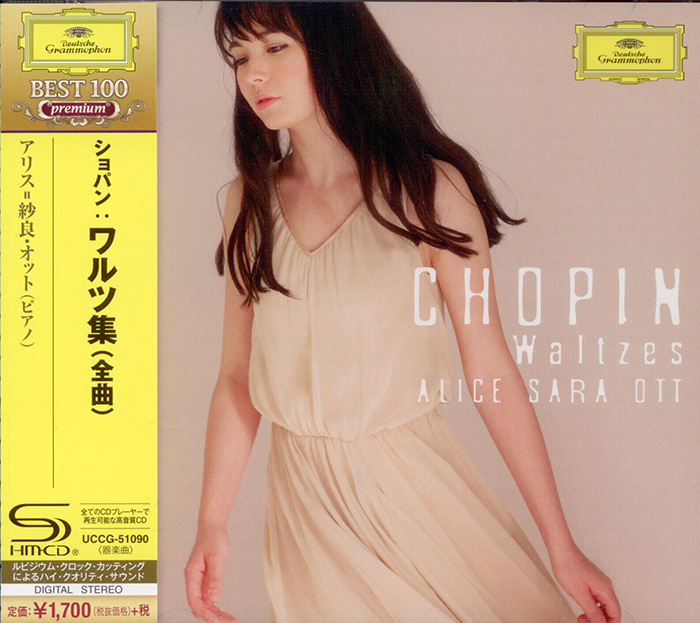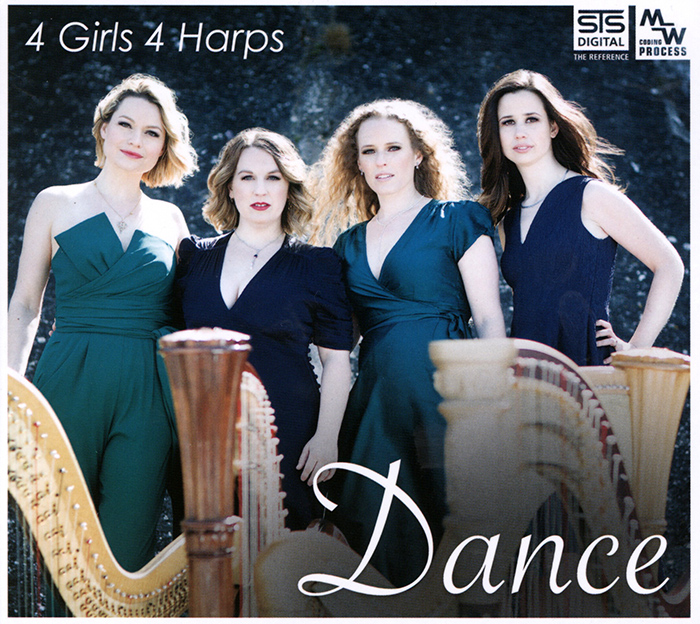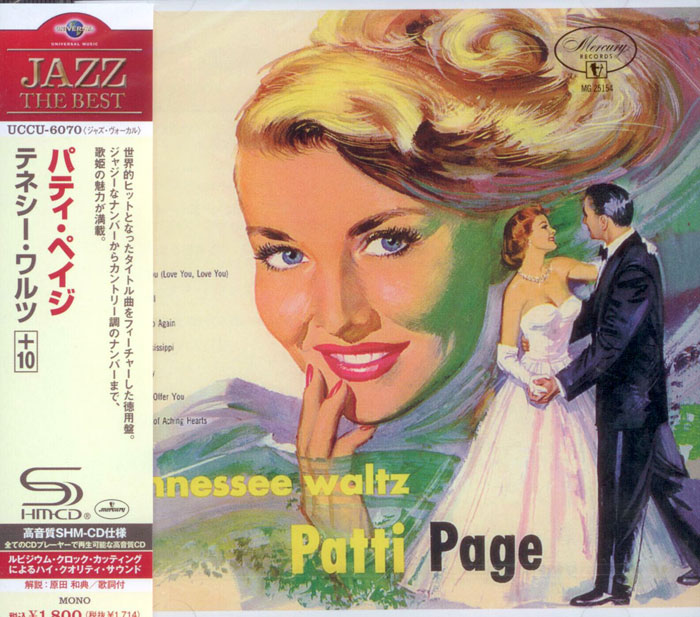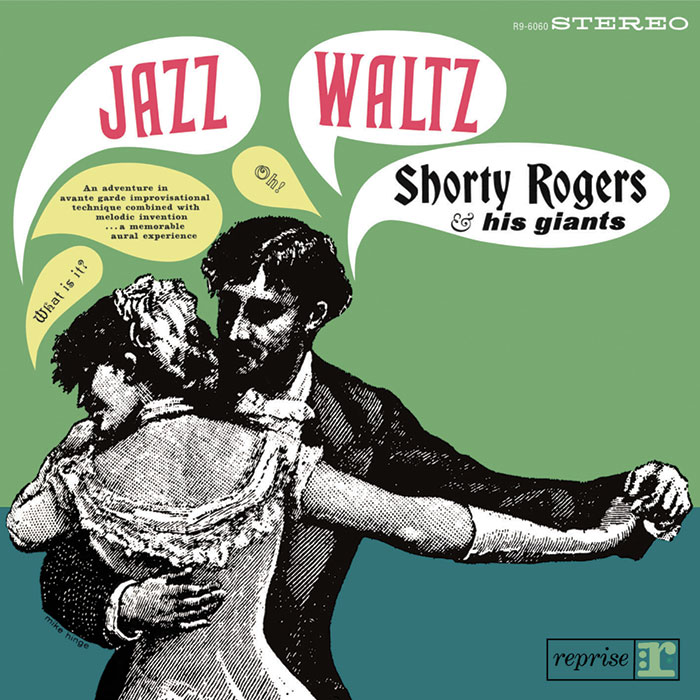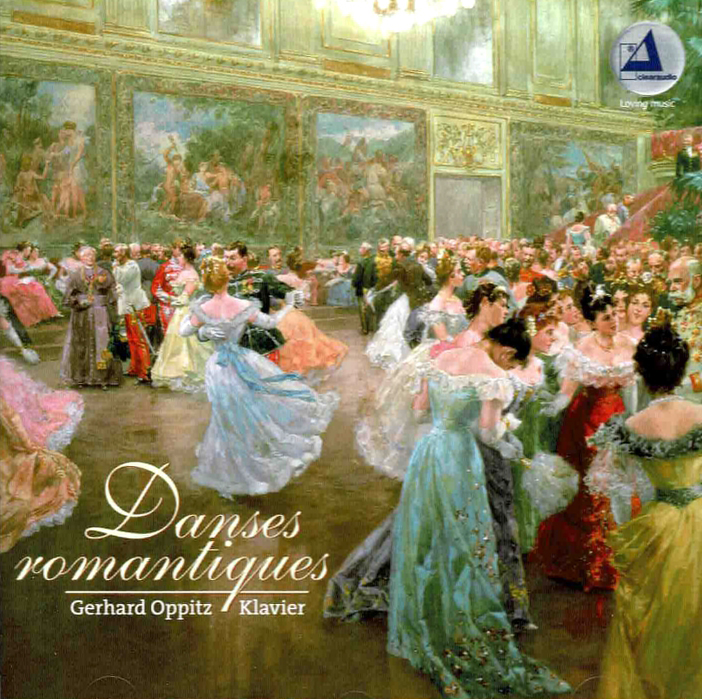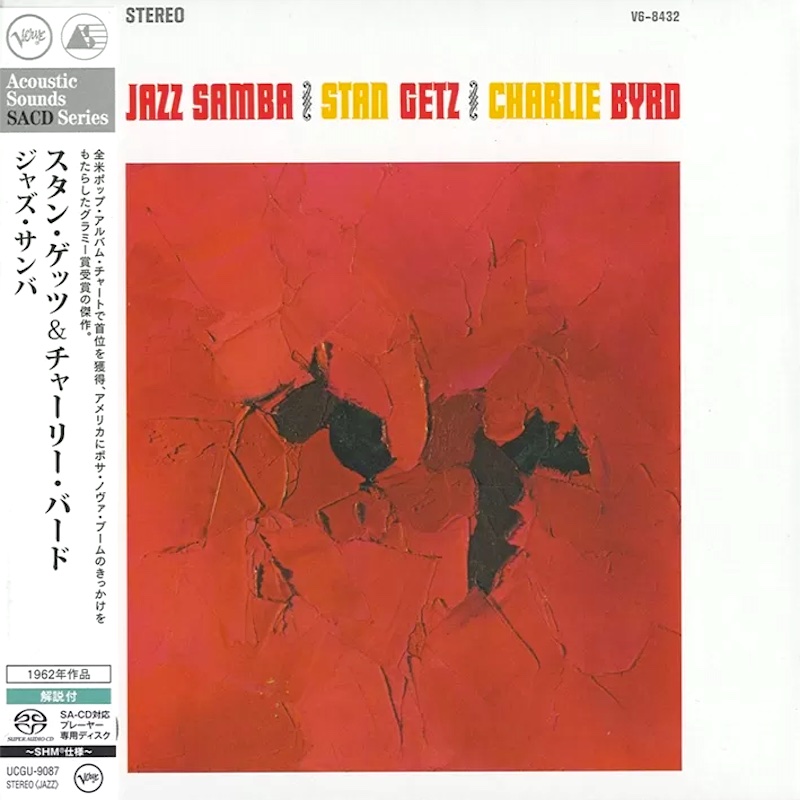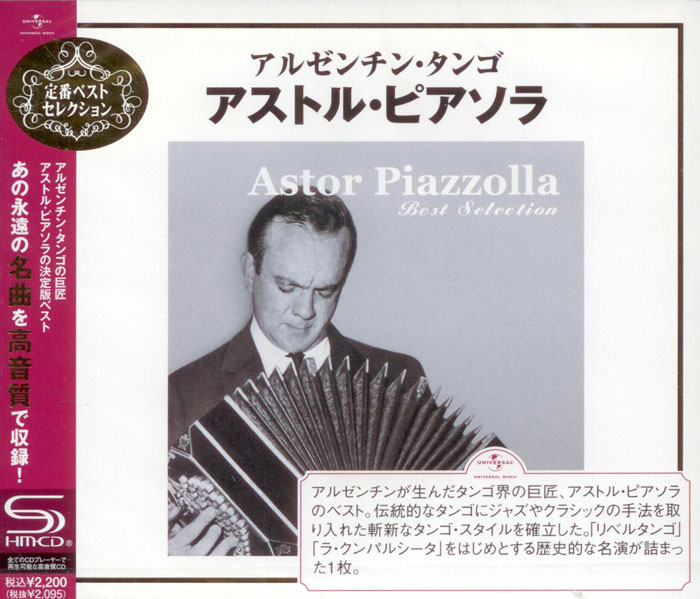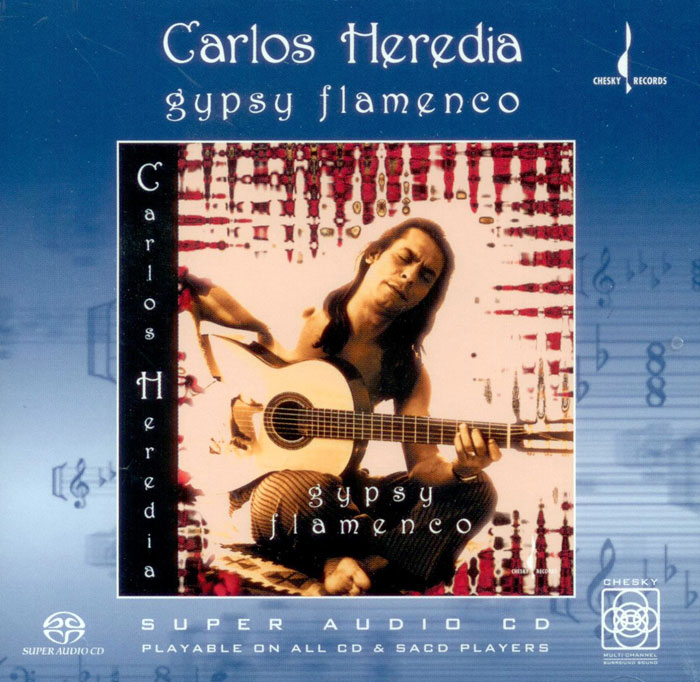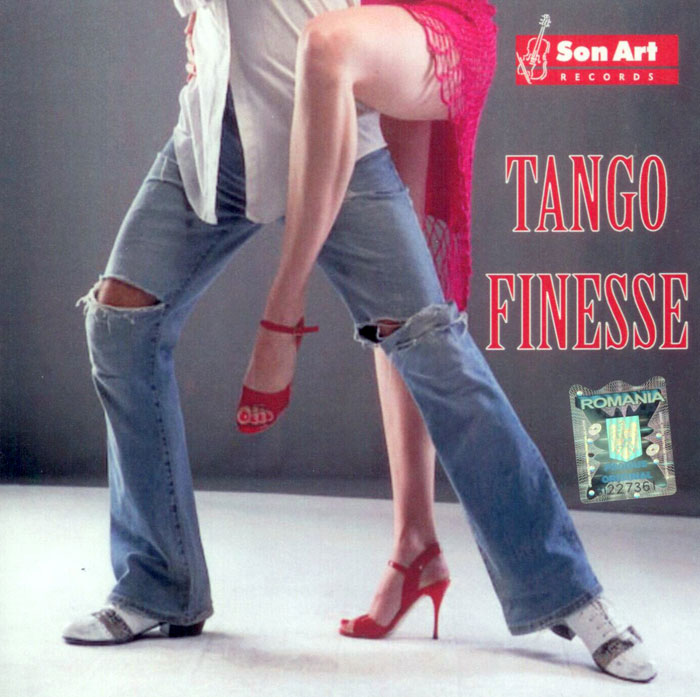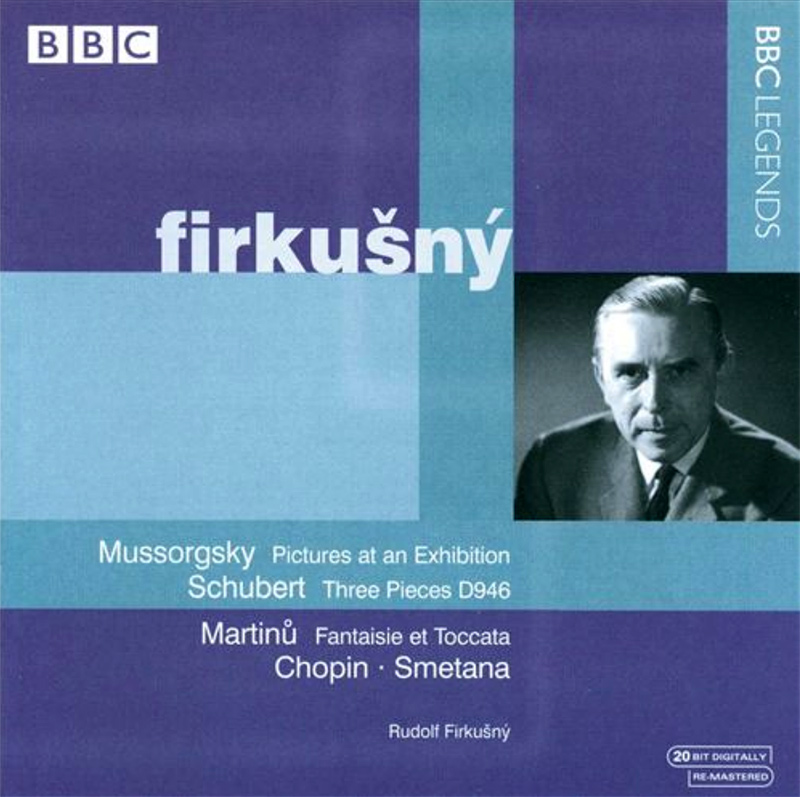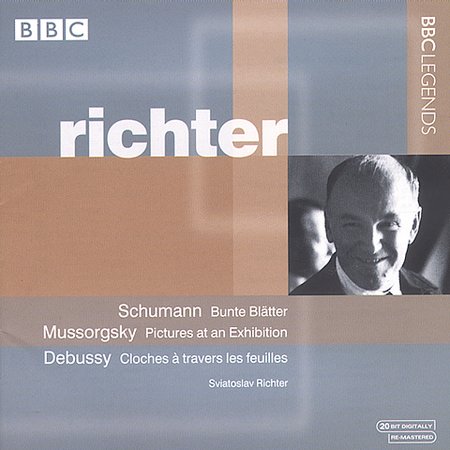Logowanie
Dziś nikt już tak genialnie nie jazzuje!
Bobby Hutcherson, Joe Sample
San Francisco
SHM-CD/SACD - NOWY FORMAT - DŻWIĘK TAK CZYSTY, JAK Z CZASU WIELKIEGO WYBUCHU!
Wayne Shorter, Freddie Hubbard, Herbie Hancock, Ron Carter, Elvin Jones
Speak no evil
UHQCD - dotknij Oryginału - MQA (Master Quality Authenticated)
Karnawał czas zacząć!
Music of Love - Hi-Fi Latin Rhythms
Samba : Music of Celebration
AUDIOPHILE 24BIT RECORDING AND MASTERING
CHOPIN, LISZT, DEBUSSY, DVORAK, Gerhard Oppitz
Dances romantiques - A fantastic Notturno
Wzorcowa jakość audiofilska z Clearaudio
Winylowy niezbędnik
ClearAudio
Double Matrix Professional - Sonic
najbardziej inteligentna i skuteczna pralka do płyt winylowych wszelkiego typu - całkowicie automatyczna
MUSSORGSKY, SCHUBERT, MARTINU, CHOPIN, SMETANA, Rudolf Firkusny
Drei Klavierstücke, D946 / Fantaisie et Toccata / Pictures at an Exhibition
- Rudolf Firkusny - piano
- MUSSORGSKY
- SCHUBERT
- MARTINU
- CHOPIN
- SMETANA
In his booklet-note, Jeremy Siepmann sums it up nicely, and succinctly, “Rudolf Firkušný never really had his due.” Firkušný’s musicianship is never in doubt. As an accompanist, he seemed the very definition of sensitivity – a DVD of a recital he and violinist Josef Suk gave (VAI 1401) bears eloquent testament to this. Firkušný was a pupil of Artur Schnabel and won the approbation of Alfred Cortot. There is serenity in the Schubert that is entirely fitting, and that does not preclude excitement. Firkušný’s tone is warm and inviting, his fortes and accents entirely respectful of the piano’s capabilities. He tracks the music’s ebb and flow well, giving the more lyrical sections their due without opening out too much space. Simple motifs are never naive – here is, in fact, the very definition of the experienced artist bringing a lifetime of experience to bear. The opening of the second piece is the perfect example of this. Firkušný projects a sense of rightness of interpretation at all times. Recording-wise, there is some midrange muffling but it is not overly distracting. Martinů’s Fantaisie et Toccata, which dates from 1940, was written for Firkušný (1912-1994); he recorded the work in 1980 for RCA. Heard live, there seems an almost volcanic underlying energy. Apparently the work was written while the composer and the pianist – Czech countrymen – were trying to escape occupied France, and there is indeed a discernible fevered quality in much of the piece. Firkušný is clearly on home turf here. The piece is, on one level, unpredictable, and yet Firkušný makes it all appear so inevitable. There is much virtuosity here, but never is it showy. The sudden slow end to the Fantaisie makes huge emotional impact before the angular, jerky Toccata is set into motion and probably the closest Martinů got to Prokofiev in its more motoric passages while balancing them by the beautiful-toned, lyric sections. Live performances of Pictures at an Exhibition must all surely be compared to Sviatoslav Richter’s superhuman Sofia account, and inevitably will be found lacking in terms of sheer granitic excitement. Yet Firkušný provides a stimulating, even impulsive version. ‘Gnomus’ is grand and broad, while ‘Tuileries’ is almost Impressionist in its palette (surely to contrast with the weighty ‘Bydlo’). Technically, there are some smudges, inevitable in a performance in which the artist has thrown caution to the wind (listen to ‘Limoges’). If his ‘Hut on Chicken’s Legs’ lives up to the Allegro con brio tempo indication, perhaps it misses some of the ‘feroce’ Mussorgsky also asks for. The final ‘Great Gate of Kiev’, though, exhibits all the requisite grandeur while honouring Mussorgsky’s alla breve designation. There is a small hint of tiredness in the final pages. The final three pieces are presumably encores from the recital. The Mazurka is tender but feels a little fast. By contrast, Smetana’s Furiant is positively explosive. Some of the lighter, contrastive sections show a marked debt to Liszt; in the foot-stomping passages Firkušný is inimitable. The final piece, more Smetana, his Concert Etude, is so fast as to verge on the scrambled, yet somehow Firkušný brings it off. This release is a fine addition to the BBC Legends catalogue.














